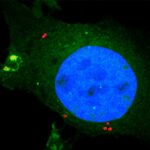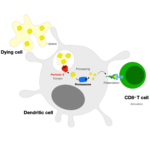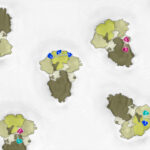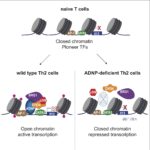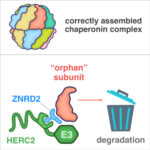
Cells eliminate “orphan” proteins that have failed to assemble into the molecular machines within which they normally function. Manu Hegde’s group have now elucidated the mechanism by which one type of orphan is selectively recognised and tagged for destruction.
